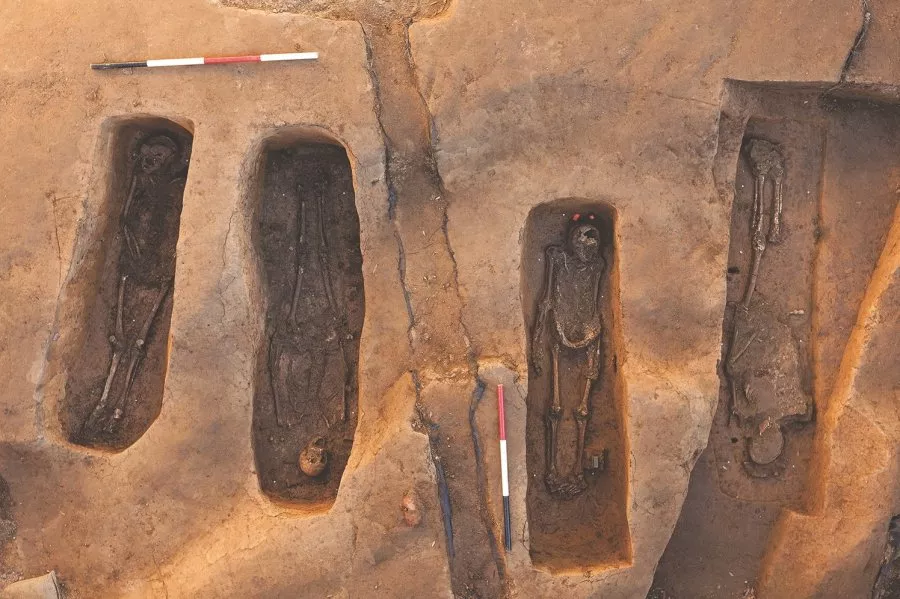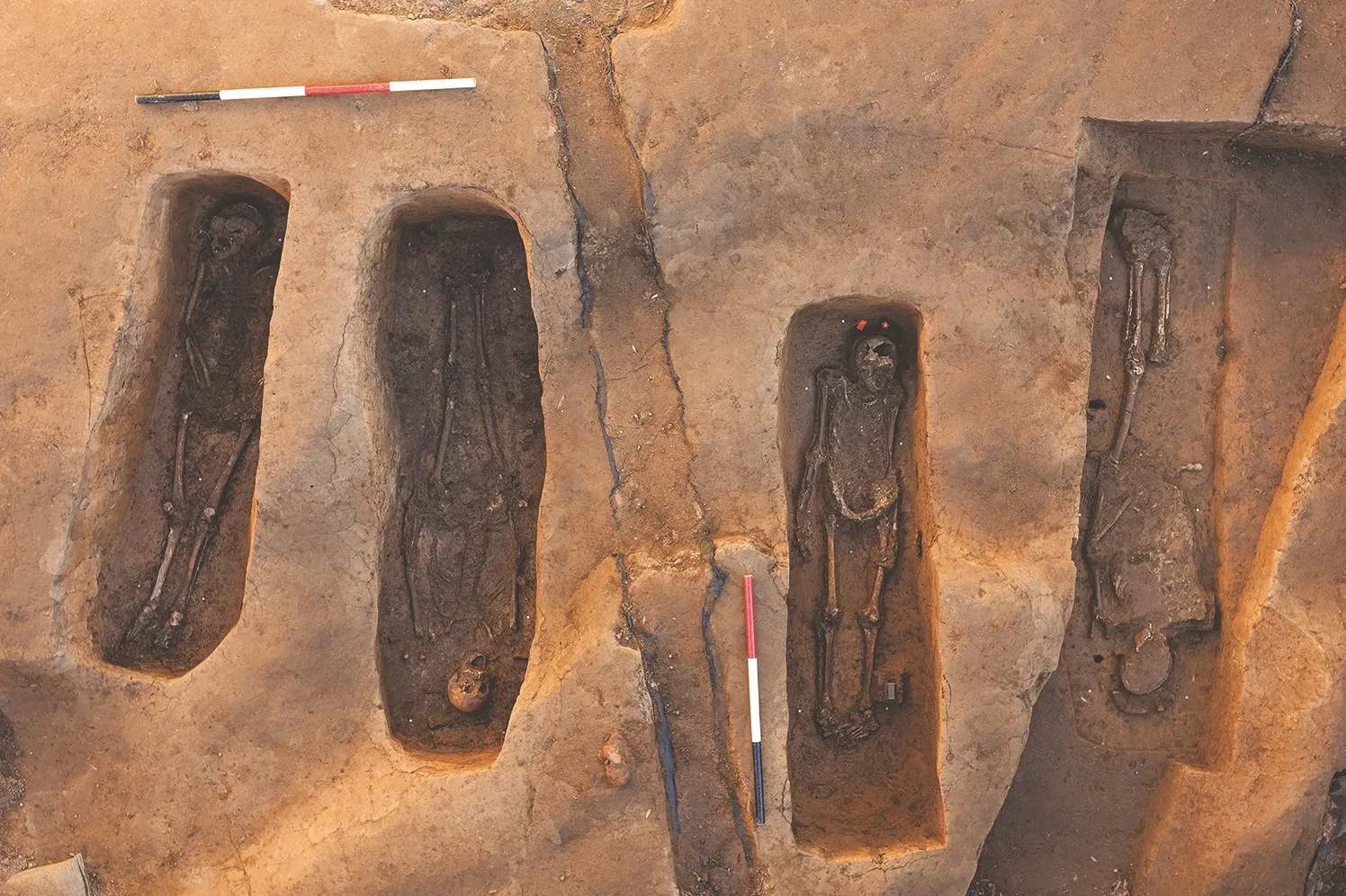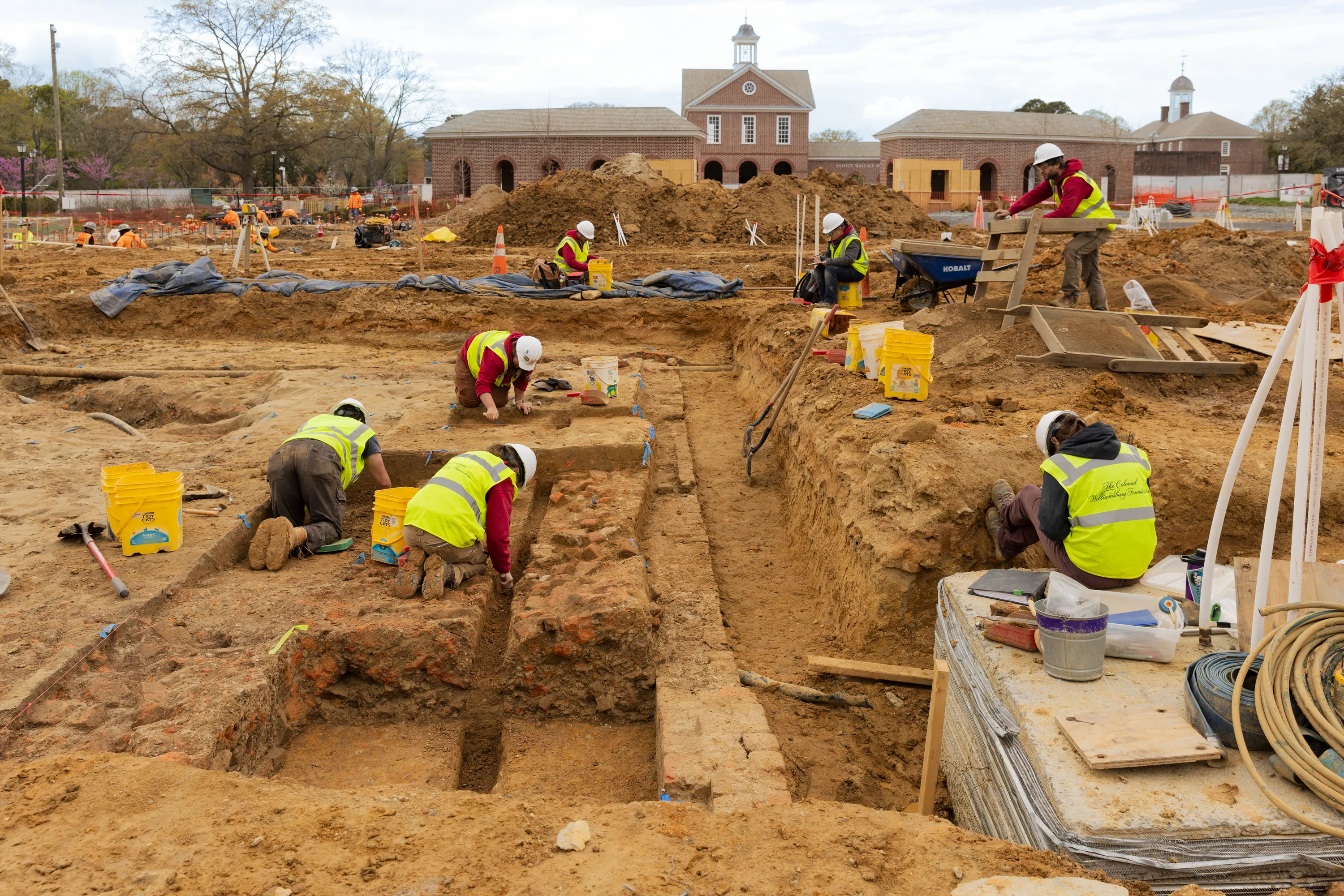
A long-buried family secret from the early Jamestown colonists has finally come to light, thanks to groundbreaking DNA research. This revelation, detailed in the journal Antiquity, centers around two skeletons discovered in the chancel—an area surrounding the altar—of the church that stood in Jamestown from 1608 to 1616. Located near modern-day Williamsburg, Virginia, Jamestown was the first permanent English settlement in the Americas, serving as the capital of the Virginia Colony until 1699.
The remains in question were believed to belong to some of the earliest settlers, as their graves were strategically placed near the church altar. “These graves were intentionally located in such a prominent space,” explained William Kelso, co-author and emeritus director of archaeology at Jamestown Rediscovery. “This suggests that those buried here were individuals of significant status.”

To uncover the identities of these individuals, the research team employed ancient DNA (aDNA) analysis, marking a historic first for Jamestown. “This study successfully utilizes aDNA to identify individuals at this colonial site,” noted Karin Bruwelheide from the Smithsonian Institution.
After analyzing the DNA, the team cross-referenced their findings with historical records and archaeological data. The results revealed that the remains belonged to Sir Ferdinando Wenman (1576–1610) and Captain William West (circa 1586–1610), both connected to Thomas West, the colony’s first governor. Surprisingly, the analysis also indicated that the two men were related, prompting further genealogical research to clarify their connection.

This investigation uncovered a hidden truth about the West family: illegitimacy. The researchers found evidence of a court case concerning Captain West’s estate, revealing that his aunt, Mary Blount, claimed he was the illegitimate son of Elizabeth, the unmarried daughter of William West the Elder, the First Baron De La Warr. The court records suggested that Captain West had been raised by Blount on behalf of his mother, who had passed away.
In the 17th century, illegitimacy was a taboo topic, especially among high-status families, which likely explains its omission from official genealogical records.
“This study is the first to demonstrate that aDNA can identify not only ancestry but also historical instances of illegitimacy within prominent families of the 17th century,” the authors stated.
They emphasized the importance of multidisciplinary approaches in uncovering the complexities of colonial history, shedding light on who was involved in colonization and the reasons behind it.



